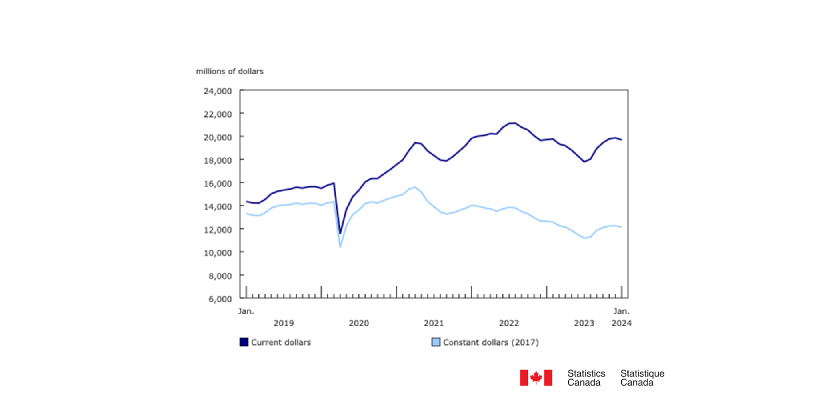Fluke FEV100 Electric Vehicle Charging Station Test Adapter Reliably Tests EV charging Stations Without an EV

October 8, 2021
As more electric vehicle charging stations are installed to meet the growing demand, the need to ensure stations are operating properly and safely takes on new urgency. One of the first of its kind in North America, the new Fluke FEV100 Electric Vehicle Charging Station Test Adapter tests the safety and performance of level 1 or level 2 electric vehicle AC charging stations (EVSEs) with type 1 connectors.
One of the challenges of testing EVSEs is that they traditionally have required an electric vehicle (EV) to be connected before they will fully operate — which means every technician must drive an EV to perform certain tests. The Fluke FEV100 simulates the presence of an EV, allowing technicians to test the charging station in combination with appropriate test instruments, such as digital multimeters and ScopeMeters®.
“Ensuring charging stations are operating properly and safely is one of the most important aspects of electric vehicle infrastructure,” said Allison Wyatt, Product Marketing Manager at Fluke. “The FEV100 eliminates many testing obstacles by emulating an electric vehicle, so technicians can isolate the charging station and ensure that any issues are originating from the station, not from the vehicle.”
The Fluke FEV100 features:
- Protective Earth (PE) Pre-Test to test for dangerous voltage in the earth;
- Control Pilot (CP) for vehicle simulation, eliminating the need for an electric vehicle to test the EVSE;
- PE and CP error notification;
- Ground Fault Circuit Interrupter (GFCI) testing to ensure user safety;
- Voltage, waveform, loop impedance, and resistance testing;
- Connectivity with other Fluke test and measurement tools to perform additional tests, such as viewing the maximum available current and Control Pilot signal analysis.
Compliant with the SAE J1772 standards for North American charging stations, the FEV100 allows a technician to verify that after installation, a charger can communicate and deliver power to vehicles.
The FEV100 Kit includes the Fluke FEV100/BASIC Test Adapter, FEV-COM/TY1 Type 1 Connector and Cable, and a soft carrying case.
Go HERE for more information


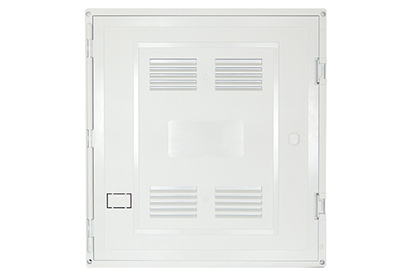
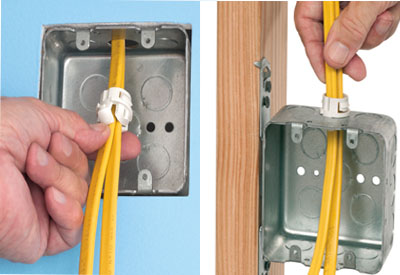
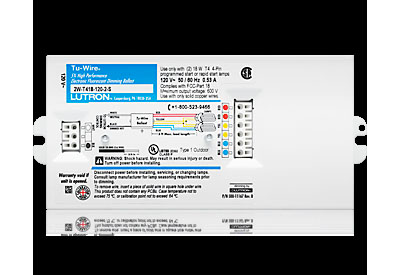


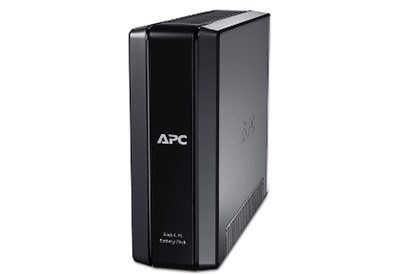

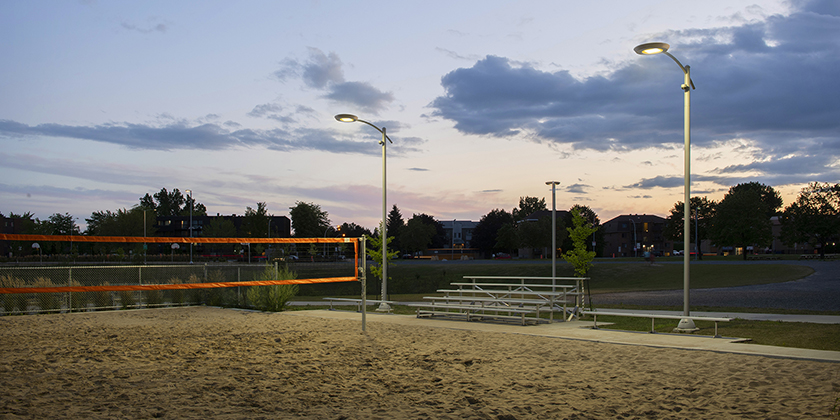
![Guide to the Canadian Electrical Code, Part 1[i], 26th Edition – A Road Map: Section 10 – Grounding and Bonding](https://electricalindustry.ca/wp-content/uploads/2022/11/Guide-CE-Code-2.png)
